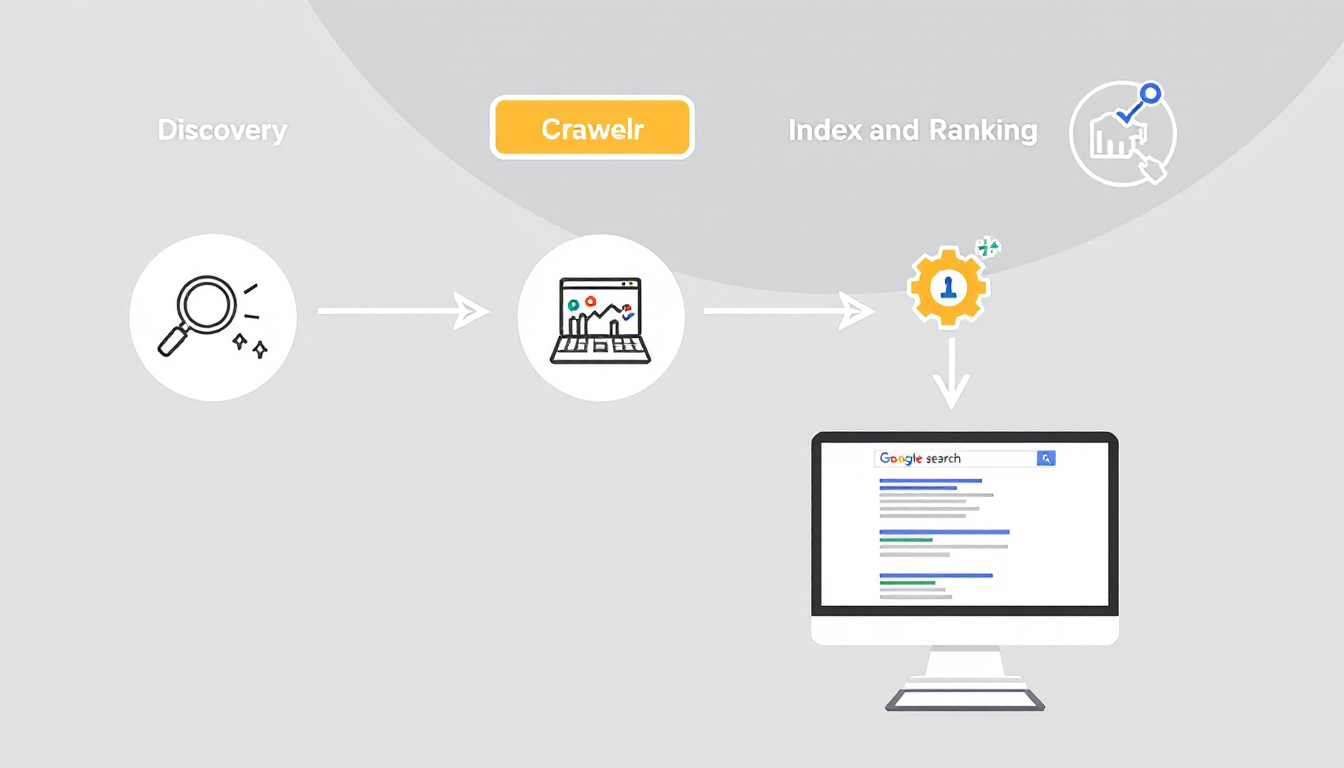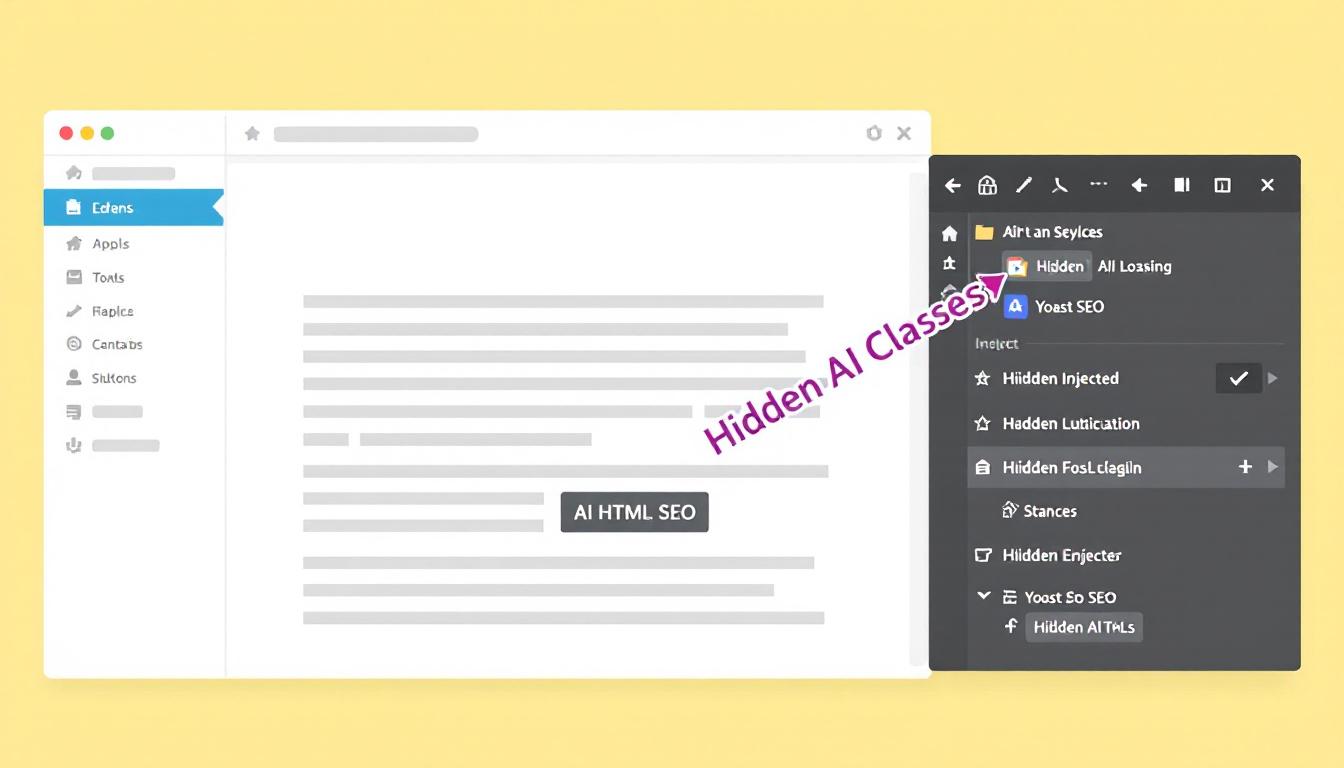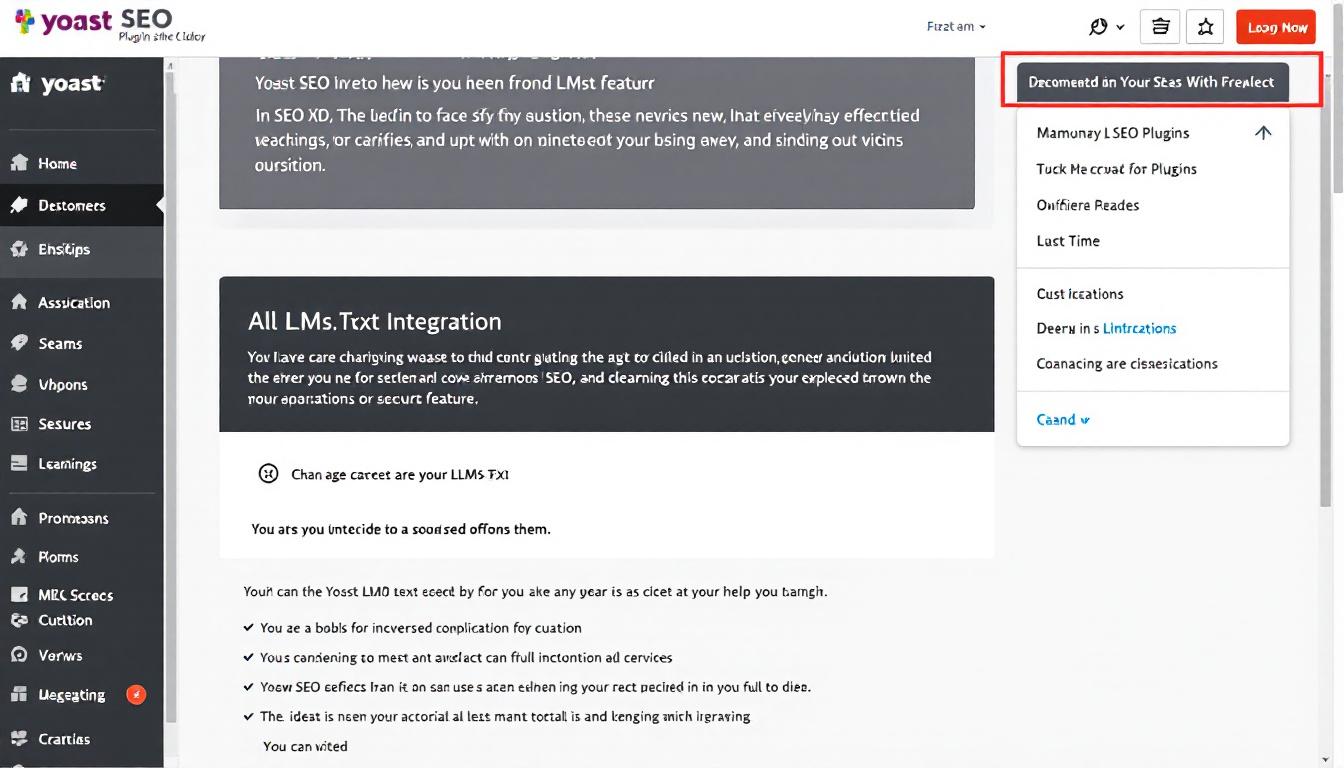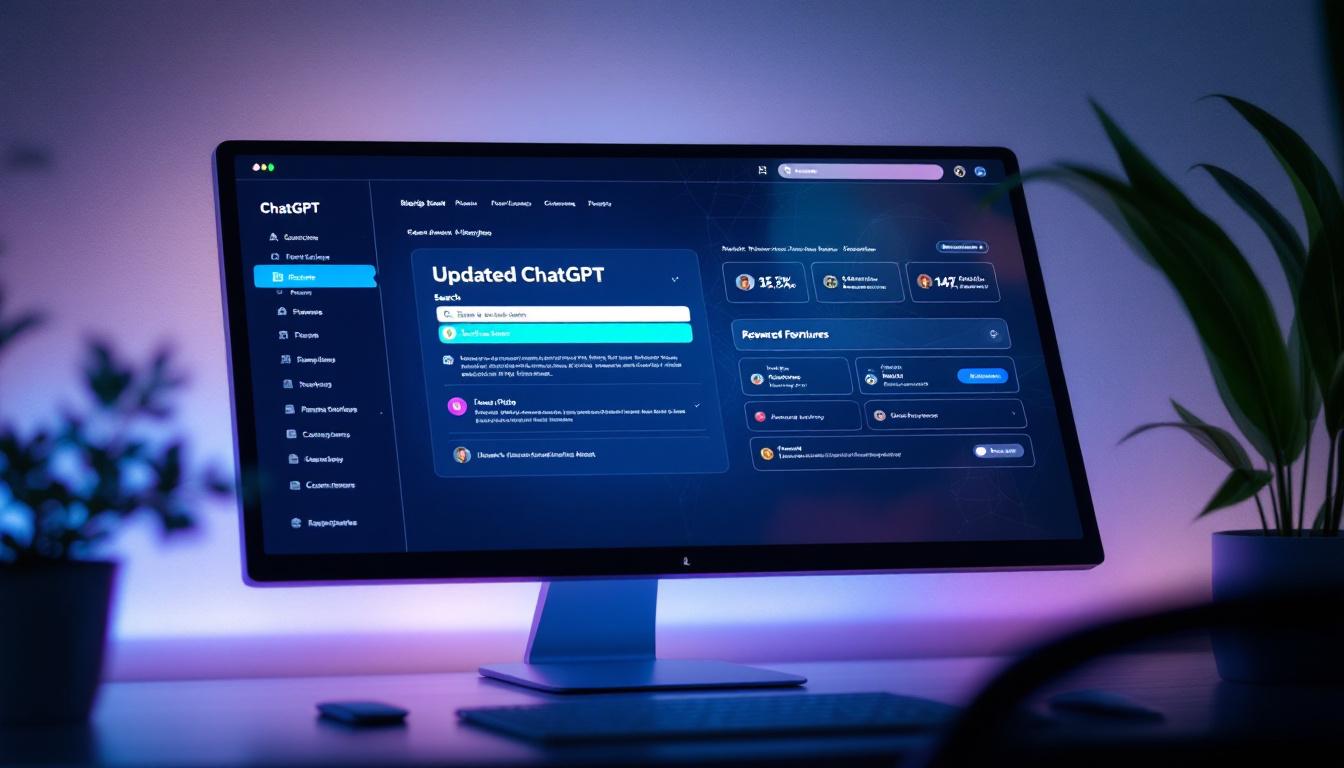In a recent video on Google’s Search Central YouTube channel, Developer Advocate Martin Splitt explored the reasons why some indexed web pages might not be visible in search results.
Hostinger
Hostinger's managed cloud hosting delivers four times the speed and twenty times the resources of conventional web hosting.
Splitt highlighted key factors such as content relevance and the intense competition during the ranking process.
Reasons Indexed Pages May Not Appear
Splitt outlined several key factors that influence whether an indexed page shows up in search results.
These factors determine the visibility of content amidst the vast number of web pages.
Uncommon or Low-Volume Queries
One primary reason for an indexed page not appearing is the nature of the search queries associated with it.
Splitt explained that if a query is rare or not frequently searched, the indexed page might not detect enough interest to be displayed prominently, leading to its absence from search results.
Competitive Ranking Environment
Another significant factor is the level of competition among pages targeting similar queries.
When numerous pages vie for the same query, Google’s algorithm assesses which pages best satisfy user intent.
If there are other pages deemed more effective in addressing the query, the indexed page in question may not appear.
User Engagement Signals
User interaction with search results also plays a role in determining page visibility.
Splitt mentioned that pages which consistently garner more user engagement, such as clicks and dwell time, are favored in search rankings.
Conversely, if users tend to ignore an indexed page, it may decrease its likelihood of being shown.
Understanding Google’s Search Mechanism
To provide a comprehensive view, Splitt detailed the stages of Google’s search process, outlining how pages progress from discovery to potential inclusion in search results.
Discovery and Crawling
The initial phase involves Google identifying and accessing web pages.
During the discovery stage, Google learns of a page’s existence, often aided by sitemaps. Crawling entails Googlebots visiting the URL to examine its content and structure.
Indexing Process
Once crawled, a page undergoes indexing to assess its content and relevance.
In the indexing stage, Google analyzes the page’s information and adds it to its vast database, making it eligible to appear in search results when relevant queries are made.
Ranking and Serving Results
The final stage determines how and where a page appears in search results.
When a user performs a search, Google evaluates the indexed pages based on numerous factors to rank them.
Only the pages that meet the criteria for relevancy and quality are displayed in the search results.
The Bottom Line
Martin Splitt’s insights shed light on the complexity of Google’s search algorithm and the various factors that influence whether an indexed page appears in search results.
For website owners and content creators, focusing on producing high-quality, relevant content remains essential to improve visibility and meet user needs.








